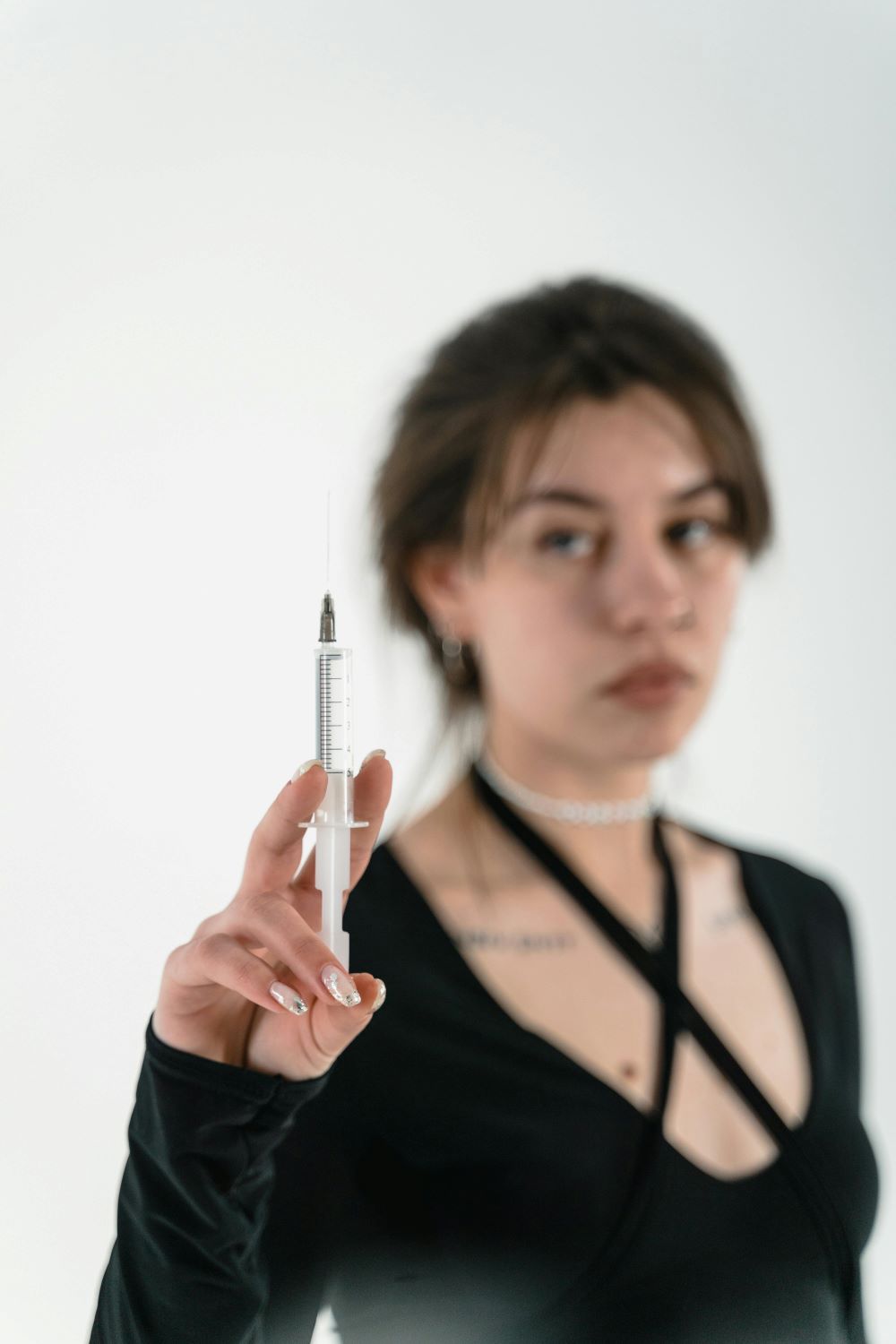Proactively addressing drug injection issues during treatment can help prevent relapse and fatalities.
A recent study from Canada has found that integrating addiction support into hospital treatment substantially enhances survival rates for endocarditis patients. Endocarditis is a serious infection of the inner lining of the heart, typically caused by bacteria that enter the bloodstream and attach to damaged areas of this organ. It can lead to severe complications, including heart valve damage, stroke, and, in severe cases, death if not promptly treated. The research has also shed light the fact that women who inject drugs are at increased risk of developing this dangerous condition and succumbing to it.
Among the group of endocarditis patients studied, nearly half (49%) of those who inject drugs died within five years of their initial hospital admission, and the majority of these fatalities occurred within the first year. This points to a need for more immediate intervention to address drug use and monitor for the conditions, which often comes with a need for an extended hospital stay for intensive antibiotic treatment. However, many patients experience opioid withdrawal symptoms during their recovery, which can lead to premature discharge.
The researchers examined records from 764 individuals diagnosed with endocarditis between 2007 and 2023 at hospitals in London, Ontario, and Regina, Saskatchewan. Funded by the St. Joseph’s Health Care Foundation, the study was the first of its kind to analyze survival rates five years post-admission, revealing stark disparities in outcomes based on gender and location. Women comprised over half of the patients who inject drugs, in general, which is highly disproportionate.

Urban women are most at risk with factors such as homelessness, involvement in the sex trade, and exposure to violence contributing to increased mortality rates. In contrast, women from rural backgrounds often benefit from stronger community ties, which may provide the support that’s needed to improve their chances of recovery.
Pregnant women also represent a particularly vulnerable subset within this group. The study found that a small percentage of female endocarditis patients were pregnant, leading to concerning rates of fetal and maternal mortality as well as infants being born addicted. The finding raises critical questions about the accessibility of reproductive health services for women in these situations. Access to contraceptive options is rarely prioritized in hospitals when patients present with unrelated severe conditions, representing a missed opportunity to address the needs of marginalized women.
Dr. Michael Silverman, an infectious disease expert and co-author of the study, pointed out the importance of holistic care for individuals battling both addiction and severe infections like endocarditis. He is advocating for the integration of counseling and addiction services during hospital stays, which can significantly impact patients’ recovery numbers. The team also called for urgent action from healthcare providers and policymakers to recognize endocarditis among individuals who inject drugs as a public health emergency.
Dr. Stuart Skinner, another researcher involved in the study, argued that equitable access to healthcare and social support services is desperately needed. He stated everyone deserves basic health services, including those related to addiction treatment, and highlighted the need for empathy towards these individuals, who already face significant barriers to care. By prioritizing the needs of individuals who inject drugs, particularly women, healthcare providers can make greatly improve survival rates and overall health outcomes in this population.
Sources:
Women who inject drugs are vulnerable to endocarditis, study shows


Join the conversation!